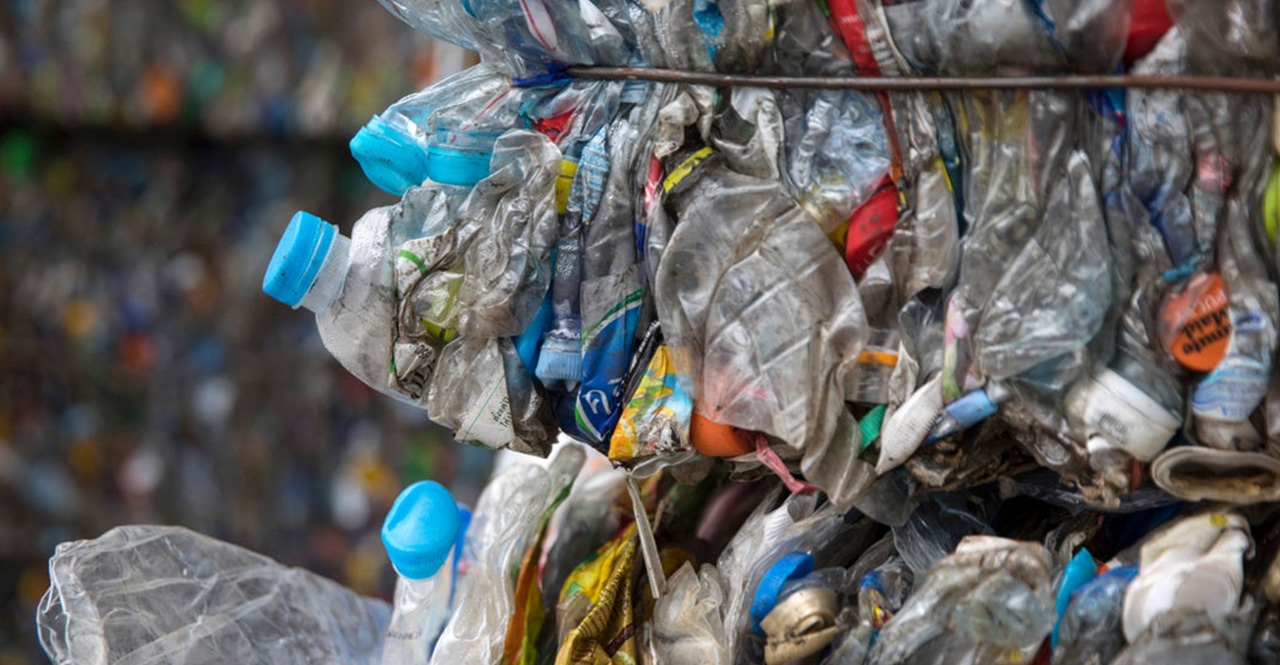Enhancing Environmental Sustainability Via Strategic Liquid Waste Elimination Solutions
In the realm of environmental sustainability, the efficient management of liquid waste stands as a vital prime focus in maintaining our communities and securing public wellness. The complex internet of difficulties surrounding liquid waste disposal demands a critical technique that surpasses conventional methods. By exploring sustainable services tailored to particular contexts, industries can not only alleviate ecological harm but additionally unlock lasting benefits for their operations. As we browse the complexities of liquid waste removal in today's landscape, it becomes significantly evident that a proactive stance is essential. Let us start a trip to reveal the transformative possibility of critical fluid waste management methods in improving ecological sustainability.
Value of Fluid Waste Monitoring

One of the vital reasons fluid waste administration is vital is its straight influence on public health. Without treatment or poorly treated liquid waste can contain unsafe pathogens and chemicals that position severe health risks to communities. Polluted water resources can cause waterborne conditions, affecting both human health and wellness and ecological communities. Proper administration of fluid waste helps stop these carcinogen and makes sure the wellness of the population.

Obstacles in Fluid Waste Disposal
Given the crucial significance of correct liquid waste management in protecting public health and wellness and ecological health, it is critical to resolve the numerous difficulties related to fluid garbage disposal techniques. One significant challenge is the absence of appropriate framework for the collection, therapy, and disposal of fluid waste. Numerous areas, particularly in establishing countries, struggle with inadequate facilities and sources to handle the enhancing quantity of liquid waste produced. This results in inappropriate disposal approaches such as discarding in water bodies or unauthorized landfills, presenting severe health dangers and environmental contamination.
An additional obstacle is the existence of hazardous compounds in fluid waste, consisting of chemicals, heavy steels, and virus. Appropriate recognition and treatment of these unsafe parts require specialized expertise and tools, which might not constantly be easily available. In addition, the price of carrying out safe disposal practices can be prohibitive for some towns and industries, resulting in non-compliance and further environmental damage.
Sustainable Liquid Waste Solutions
Amidst the pressing requirement for effective fluid waste monitoring methods, the imperative of sustainable options emerges as a vital issue for environmental preservation and public health and wellness. Sustainable fluid waste solutions incorporate a variety of innovative technologies and methods aimed at reducing the environmental effect of waste disposal.
Furthermore, sustainable fluid waste click over here remedies focus on the preservation of water sources with the execution of water recycling and reuse strategies. By dealing with and repurposing wastewater for non-potable applications like irrigation or commercial processes, these remedies add to water conservation initiatives and minimize the strain on freshwater resources. Overall, the integration of sustainable fluid waste services not just supports environmental sustainability but also fosters a healthier and extra durable culture for future generations.
Benefits of Strategic Removal Practices
Strategically executed removal practices play an important function in enhancing fluid waste administration systems for environmental sustainability and public health and wellness security. By adopting tactical elimination methods, organizations can significantly minimize the ecological impact of fluid waste disposal.
In addition, these methods promote resource recovery by enabling the extraction of valuable products from fluid waste streams. In addition, critical useful source elimination techniques can improve operational performance and cost-effectiveness by enhancing waste monitoring procedures and enhancing resource allocation.
Carrying Out Effective Environmental Strategies
Reliable execution of environmental strategies is extremely important in attaining lasting fluid waste monitoring practices. To begin with, firms need to conduct detailed ecological assessments to identify prospective risks and influences connected with their fluid garbage disposal processes. By understanding the environmental effects of their operations, organizations can develop targeted strategies to minimize harm to ecological communities and public wellness.
Moreover, applying effective ecological approaches includes establishing clear goals and purposes for liquid waste monitoring - Industrial waste water treatment. These goals ought to be certain, quantifiable, possible, relevant, and time-bound (CLEVER) to make sure liability and track progression in the direction of sustainability targets. Firms can also leverage technology and innovation to enhance liquid waste therapy processes, minimize resource usage, and improve overall effectiveness
Cooperation with regulatory firms, stakeholders, and ecological specialists is an additional key element of successful strategy execution. By involving with external partners, companies can get valuable insights, access sources, and make certain compliance with ecological regulations and guidelines. Generally, a aggressive and strategic technique to environmental management is vital for mitigating environmental published here risks and advertising lasting sustainability in fluid waste elimination techniques.
Final Thought
To conclude, calculated fluid waste elimination remedies play an essential function in enhancing ecological sustainability. By attending to the obstacles in liquid waste disposal and implementing sustainable techniques, we can lower the negative influence on the setting - Industrial waste water treatment. It is necessary to focus on effective ecological methods to make sure the lasting health and wellness and well-being of our earth
By executing effective waste administration methods, such as correct collection, therapy, and disposal techniques, the risks connected with liquid waste can be considerably decreased.
Offered the vital significance of proper fluid waste monitoring in protecting public health and wellness and environmental well-being, it is critical to deal with the many obstacles associated with fluid waste disposal methods. Lasting liquid waste services include a variety of cutting-edge technologies and techniques aimed at lowering the ecological impact of waste disposal.Strategically implemented elimination techniques play a vital role in maximizing liquid waste administration systems for ecological sustainability and public wellness security. Generally, a critical and aggressive strategy to environmental monitoring is vital for reducing ecological threats and advertising long-term sustainability in fluid waste elimination methods.